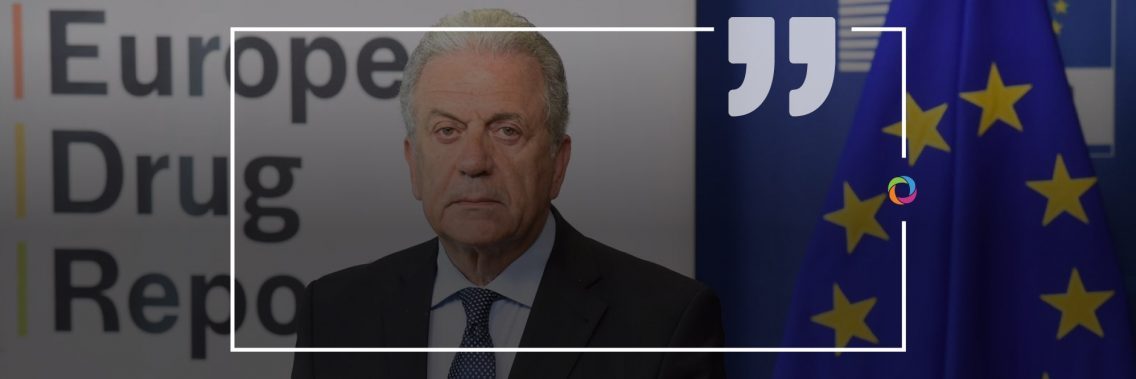At the end of December 2020, the European Council approved the EU drugs strategy for 2021-2025. The strategy aims to ensure a high level of health promotion, social stability, and security and contribute to awareness-raising. How exactly will this strategy revolutionize the health sector? Check the opinions of some international consultants.
How do you evaluate this strategy?

“The European Commission adopted a new EU Agenda and Action Plan on Drugs 2021-2025 (with Annex) as part of the Security Union Strategy. Drug availability within Europe remains high for both natural and synthetic drugs. The use of heroin and other opioids still accounts for the largest share of drug-related harm and the cocaine market is the second-largest illicit drug market in the EU. The new EU Agenda provides a comprehensive set of enhanced security measures and outlines eight planned main concerns which are classified under: a) boosted security (attentive to all aspects of the illicit trafficking of drugs); b) enlarged prevention (of the adverse effects of drugs including the link to violence); c) tackling drug-related harm (access to treatment, risk and harm reduction and a balanced approach to the issue of drugs in prisons). The Action Plan that concludes the new EU Agenda and on Drugs covers tangible operational steps and activities, all of which is beautifully written.”
What are the pros and cons of this strategy?

“The aim of the EU Agenda on Drugs is to defend citizens through better-coordinated actions that will: (i) have an essential and quantifiable effect on the security and health issues arising from drug use and the operations of the drug market; and (ii) address both the direct and indirect consequences arising from this problem including links to violence and other forms of serious crime, related health and societal problems and environmental damage while raising public and policy awareness on these issues. It evaluates the pros and cons of both approaches in terms of research. We must build on the work done in the past under the EU Drugs Strategy and as reflected by the specialized EU justice and home affairs agencies, especially in terms of coordination and cooperation, active discourse and analysis, strengthened dialogue and cooperation on the international stage, and increased understanding of all aspects of the drugs phenomenon and of the impact of interventions.”

“I believe that the EU Agenda and Action Plan on Drugs 2021-2025 will contribute significantly to increased internal security and a reduction of negative health consequences related to drug abuse within the EU but also beyond EU borders (e.g., in the Balkans, Central Asia, and the Middle East, etc.). It is important to note that the EU policies and principles are often recognized as advanced policy standards outside Europe thus they are often replicated in the national policies and strategies of third countries. I am sure that many third countries’ governments will reflect and reference the new EU Agenda on Drugs in their national drugs policies and associated action plans. However, it is a pity that the EU Agenda does not refer to the United Nations – UNODC global commitments and efforts to fight against drugs. In my opinion, the EU Agenda should have considered and identified potential synergies, cooperation and complementarity between the EU and (UN) global efforts in fighting illicit drugs which unfortunately was not included in the EU Agenda on Drugs 2021-2025.”
Check out more than 560 job opportunities in the international development sector in the EU here.

